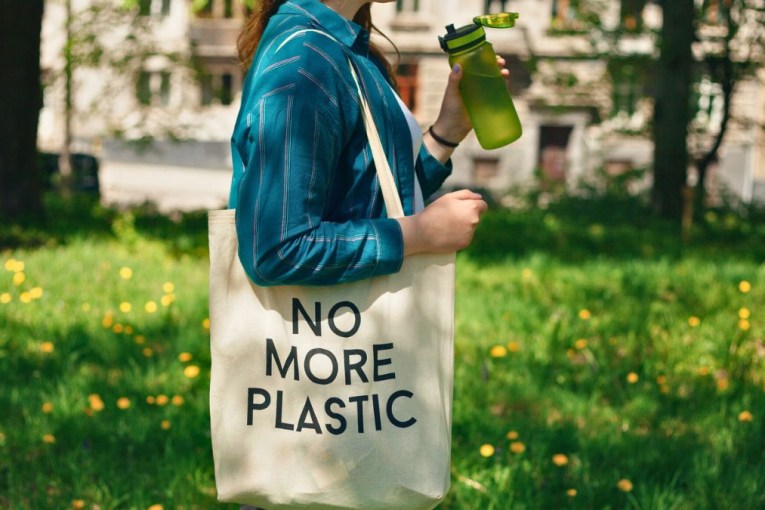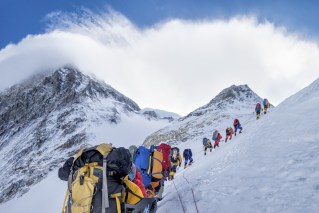End of the world not a problem for New Zealand, Tasmania


Collapse of civilisation will be best survived by island states, such as New Zealand and Tasmania. Photo: Getty
Yikes. Give yourself a little fright by searching online for “collapse of civilisation”.
So many serious nerds are saying it’s inevitable, and probably soon.
Even The New Daily‘s Alan Kohler has been cracking grim, with a focus on climate change and the banking system.
And now, new research names the top five countries likely to survive – when the hyper-connected and interdependent modern world falls into a disconnected, fragmented and hungry heap.
And the phones stop working.
Surely we can count on ‘Straya – sheep and wheat galore – to be among the survivors?
And there is some hope. Tasmania is looking good, according to a cheery open-access study from the Global Sustainability Institute at Anglia Ruskin University.
But what about mainland Australia? Apparently not so great.
New Zealand, somewhat predictably, comes in at No.1 for survivability.
Bloody Jacinda.
What are they on about?
The researchers describe how a combination of ecological destruction, limited resources, and population growth could trigger “a reduction in the overall complexity of civilisation”.
This reduction of complexity means that instead of a dozen coffee options being available at the bakery, the streets will become a giant wrestling match, with the very last croissant on the continent as first prize.
The researchers describe climate change as a “risk multiplier” – one that worsens existing problems, such as limited water, and people trying to escape countries where society is already going under.

New Zealand, Land of the Long White Cloud. Not a lot of people, but plenty of sheep. Perfect for the end of the world. Photo: Getty
Professor Aled Jones, director of the Global Sustainability Institute, in a prepared statement said: “Significant changes are possible in the coming years and decades. The impact of climate change, including increased frequency and intensity of drought and flooding, extreme temperatures, and greater population movement, could dictate the severity of these changes.”
How could it happen?
According to Professor Jones, there may be a “long descent”, over years or decades, or a crash where everything falls apart in less than a year – the speed of collapse enabled by the “increasing hyper-connectivity and interdependency of the globalised economy”.
The researchers identified five countries “with the most favourable starting conditions to survive a global collapse”.
These conditions were: Self-sufficiency (energy and manufacturing infrastructure), carrying capacity (land available for arable farming and overall population) and isolation.
The researchers define ‘isolation’ as the distance from other large population centres “which may be subject to displacement events”.
In the words: Survival means being out of reach from the desperate horde.
Or zombies.
New Zealand was found to have the greatest potential to survive relatively unscathed ‘‘thanks to its ability to produce geothermal and hydroelectric energy, its abundant agricultural land, and its low population’’.
Iceland, Australia (specifically Tasmania) and Ireland were also found to have ‘‘favourable characteristics’’; they’re all islands with fairly predictable weather and not too many people to feed.
Low variability in temperature and rainfall means relatively stable climate conditions, while everywhere else succumbs to flood, fire, drought etc.
Why on earth was the UK named a survivor? The researchers admit that the UK “presents a more complex picture”.
The soils are largely fertile, and there is good variety in agricultural produce – but there are too many people “raising questions about future self-sufficiency”.
There’s also the awkward question of location.
But one supposes, the good old ‘stiff upper lip’ has to count for something.








